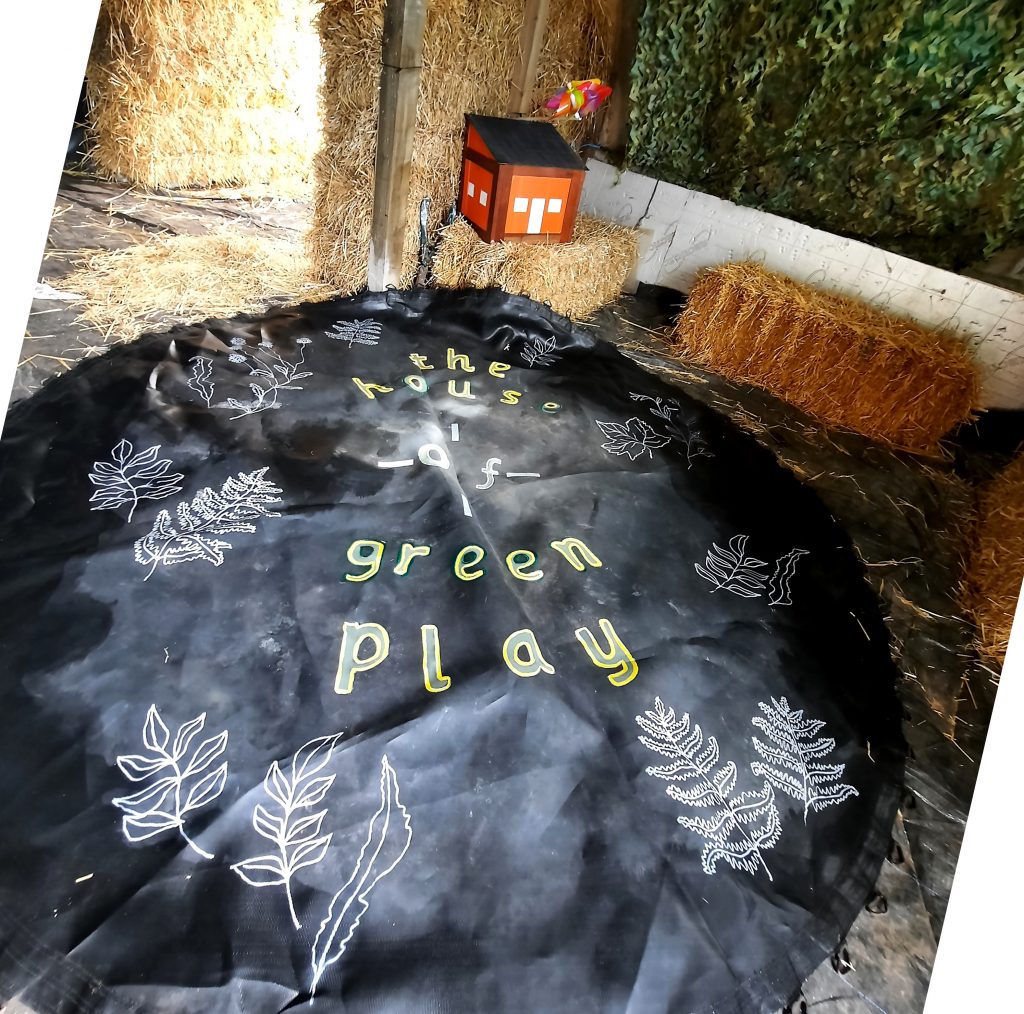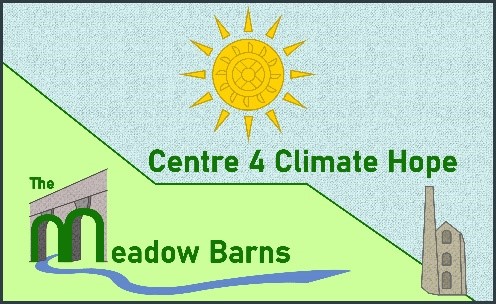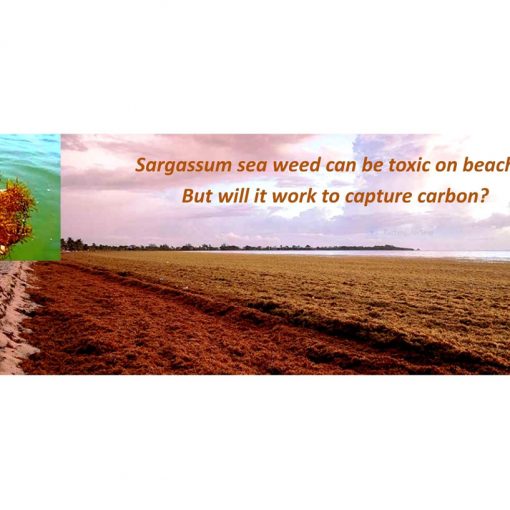8th JULY 2022 Laughable, or Serious – our subject is Poo & Muck & Mire!
(a complicated or unpleasant situation from which it is difficult to extricate oneself)
UK readers, if you are looking for an escape from the relentless stories of decline and disaster of our government this week, I apologise. It was just too tempting to align the political situation (more resignations in a single day than any prime minister in history!), with the theme I wanted to explore anyway – Muck, Mire, Ordures, Slurry, Sh**!
But first, a reader wrote in …
‘Excellent blog. I read it all the way through. Especially like the building cladding one. Can Jo Bloggs get them to do one house or one block?’
Catherine was referring to a section last week, where I described ‘outsolation’ by Energiesprong, a company in Holland. Looking into it further, the answer is – for an individual house owner – unfortunately not. But Energiesprong does now have a presence in this country, undertaking some quite big scale super-insulation projects, i.e. for Nottingham City Homes and Nottingham City Council. Energiesprong UK consider it is vitally important to plan and deliver enough funding to create a permanent, high quality outcome in any retrofit scheme. Otherwise the final costs go through the roof, residents suffer repeated repairs and upgrades, none of which can be described as a success.
Led by our long-term partners in Nottingham, our Destination Zero project is testing whether a two or three stage approach can achieve whole house retrofit, delivered in-line with investment plans, making it a practical and cost-effective option while still achieving net-zero standards. The project is funded by the Department for Business, Energy and Industrial Strategy.
PLEASE MAY SOMEONE PRINT THIS AND PUT ON THE BREAKFAST TABLE OF THE INCOMING NEW PRIME MINISTER, FLAGGED UP RED?? We need far higher insulation standards for all new-builds and a retrofit plan for older housing stock, on a giant scale.

and Meadow Barns version in our learning sessions

I am really surprised how similar the 2 retrofit houses look! (more about this new Green Play space and the activities for families with preschool age children next week. Also in Blackbird Pie magazine or online at the Home Page here on www.themeadowbarns.co.uk).
DUNG CAKES!
In India, managing manure is not seen as a headache, rather as an opportunity. I am sure this is how we should see it too. What use do they make of dung? They encourage women in villages to run their own business, trading in dried cow pats, firstly as an organic manure for vegetables:-

Organic food culture is driving demand, since the primary manure for organic vegetables is cow dung, says Sankaran. Fifty-year-old Raksha Bharucha, a homemaker in Mumbai who grows vegetables in her small kitchen garden, buys dung cakes online.
A second common use is for burning during religious ceremonies. ‘Burning’ … that word really worries me. Whether for heating, for transport (remember the Bio-Ultra trains in India, powered by bio-fuels?) or at a ceremony, a gas is released into the atmosphere. The original product contains methane, but what happens when burned?
https://www.biomethane.org.uk/environmental-benefits-of-biomethane.html tells us
Burning bio-methane for electricity generation, heat production or fuel emits carbon dioxide and some other greenhouse gases as well but it does not increase carbon dioxide levels in the atmosphere. This is due to the fact that the same amount of carbon dioxide would be released into the atmosphere if organic matter (from which bio-methane is produced) would simply be left to decompose naturally.
Does that really mean we are off the hook? Burn any amount of bio-fuel and feel virtuous? Here is another claim – Bio-methane also reduces the risk of contamination and pollution of water, soil and air by organic matter. Theoretically, organic matter cannot harm the environment, however, release of large quantities of slurry into a river or stream for instance can cause serious damage to the environment. (I accept, that is TRUE).
Can you tell that I don’t entirely trust this source? And one reason is an article in the Guardian (national not Cornish) on Tuesday 5th July (thank you Anna, for this link)
which tells us that scientists have found a steep INCREASE in atmospheric methane, in the past 2 years. This was unexpected; experts thought the pandemic would reduce levels. So why should this be?
About 40% of methane emissions come from natural sources such as wetlands, while 60% come from anthropogenic sources such as cattle farming, fossil fuel extraction and landfill sites. Possible explanations for the rise in methane emissions range from expanding exploration of oil and natural gas, rising emissions from agriculture and landfill, and rising natural emissions as tropical wetlands warm and Arctic tundra melts.
But another explanation could be a slowdown of the chemical reaction that removes methane from the atmosphere. The predominant way in which methane is “mopped up” is via reaction with something called hydroxyl radicals (OH). These hydroxyl radicals have been described as a ‘detergent’ for the atmosphere, working to cleanse harmful trace gases. But hydroxyl radicals also react with carbon monoxide, and an increase in wildfires may have pumped more carbon monoxide into the atmosphere and altered the chemical balance.
I shall spare you any more of this rather technical discussion, leaving anyone interested to pursue further on their own. I simply wanted you to understand where my scepticism comes from.
CLEANSING the AUGEAN STABLES
That phrase is for Boris. With his Etonian training I am sure he and many who sat with him around the cabinet table, will be familiar with the Greek myth, of Hercules pledging he would clean stables for a King, who owned thousands of cattle, sheep, goats, and horses and the stable had not been cleaned in 30 years.
Bad eggs, rotten apples … however we might describe them, it really is time to flush them out of government and be sure we install new, energetic and honest public servants, with a passion to save our planet. That’s what we need.
Although always in favour of ingenious hydro schemes, I don’t advocate the exact methods used by Hercules, however. We have enough evidence of poisoned rivers, without creating more!
Hercules set to work tearing a big hole in the front of the stable yards, followed by a hole in the back wall. He then dug a trench between 2 rivers flowing nearby and diverted the 2 rivers into the front of the stable yards. Water flowed through and out at the rear of the stable yards, taking all the filth along with it and back into the river.


How bizarre to see the illustration of Hercules 440 years B.C. showing what appears to be a 20th century type farm shed as the stables! Thanks Google and Basic Greek Mythology for this.
The other picture shows a 2022 shed, at Chynoweth Farm near Truro, which Bridget (the lady who talked about slurry at our Open Event) visited recently to see the Bennamann slurry management system and investigate its current state of development. In the blog a year ago I was excited about how the bio-methane from farm slurry was going to heat tarmac for repairing roads. Since then I have heard that transporting the methane posed some major challenges health and safety-wise (‘like pulling an unstable bomb behind you’). But now better solutions are being found.
The Bennamann web page emphasises what a ‘Win Win’ outcome it can be for a dairy farm, where investment in their slurry set up could allow them to function entirely Off Grid. Bridget tells me this will save enormously on their energy bills (always high), will collect and use at least 60% of methane and additionally – in the final stages – should allow use of liquefied methane as fuel for new types of tractors. Whatever is not used on-farm, can be sold as a new income stream.
A word or two more about TRACTORS
Traditional tractors, which run on diesel (red diesel), account for releasing nearly 14 million tonnes of carbon dioxide a year in the UK. Consequently, from April 2022 the entitlement to use red diesel and rebated biodiesel has been removed from most sectors to help meet the UK’s climate change and air quality targets.
Agricultural machinery manufacturers have begun to make the shift to emissions free, embracing hydrogen, biogas or methane as new fuel alternatives. New Holland is one company now offering both methane and hydrogen machines on the market.
FUNDING SUPPORT
As the agriculture sector emerges from the old days of EU farm subsidies, this summer a number of new funds are being announced by DEFRA on the government website. Most relevant is the Slurry Infrastructure grant – a grant to improve or expand your slurry storage capacity to 6 months and improve the use of organic nutrients on your farm. Bridget hopes to use this funding to convert slurry to bio-fuels, in tandem with Bennamann Ltd. I have asked to visit the yard and look at developments as they proceed, but may live to regret this (not being a great fan of lakes of slurry, you understand!)
LAUGHABLE or SERIOUS
What is it about the word POO that children love to laugh at? And not only children. Thinking back to my childhood, we children (I have 3 sisters) were expected to work long days picking up potatoes. It was horribly hard slog, but there was always this laughing time afterwards. You see my father’s initials had to be written in big black pen on the paper bags that held the potatoes. And his name? Stephen Henry Thomas. The laugh was always that somebody had to sneak in a few capital letter Is so that the lorry or trailer was hilarious, when you drove behind it down the road! R.I.P. S.H.T!
We need to be serious about Poo as well. Bowel cancer victim, the incredible Deborah James, has started us in the right direction, ‘Check your Poo‘ she said, & people are. But there is more to her vision ‘have no regrets; and always, always have rebellious hope‘. For the planet let’s create another simple slogan … maybe ‘Use your Poo‘. We cannot all immediately change to a composting loo system (though I have operated a really good one in the past, it’s nothing to be afraid of). No, the challenge must be for managers of Sewage Farms, Dairy Farms, anywhere producing muck, to run a feasibility – Is there more you could do with your Poo??
PUTTING the MUCK BEHIND US …
Let’s finish with a few words and pictures, from a local primary school on their Story Walk visit this past week. Until we were back safely I really wasn’t sure how well we would manage a group this big – 37 in total. It takes precise choreography, planning where every person will walk and wait, to ensure everyone will see the sights and hear the tales. It takes almost a full hour extra, compared with a small group.
A great time was had by all, & we are delighted with their comments. 😊







